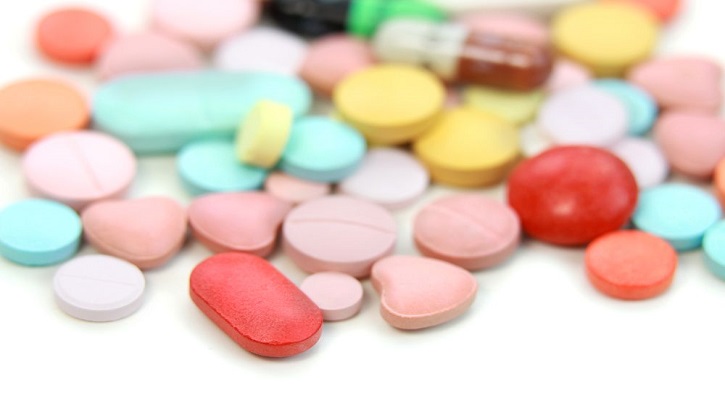
To Make Weight Loss Review any Medications! Final Tips
- Womenscorner Desk
- August 31, 2020
Many prescription drugs can stall your weight loss. Discuss any change in treatment with your doctor. Here are the three most common offenders:
Insulin injections, especially at higher doses, are probably the worst obstacle for weight loss for many people.43 There are three ways to reduce your need for insulin:
A. Eat fewer carbs, which makes it easier to lose weight. The fewer carbs you eat the less insulin you need. Remember to work closely with your healthcare provider to ensure you safely lower your doses.
B. If this isn’t enough, treatment with metformin tablets (at a dose of 2–3 grams/day) can decrease the need for insulin (at least for people with type 2 diabetes).
Read More : To Make Weight Loss Stress less, sleep more! Tips Number 5
C. If this is not enough to get off insulin (again, for people with type 2 diabetes) discuss with your doctor if it is appropriate to try newer drugs like Victoza/Saxenda (liraglitude) or Byetta (exenatide). These reduce the need for insulin and may cause weight loss, but possible long-term side effects are still unknown.
You can learn more in our guide on starting low-carb or keto with diabetes medications. Pills Other diabetes medications, like insulin-releasing tablets (e.g. sulfonylureas), often lead to weight gain. These include: Minodiab (glipizide), Euglucon (glibenclamide), and Daonil (glyburide). Tablets like Avandia, Actos, Starlix and NovoNorm also encourage weight gain. But not metformin. More on diabetes Cortisone as an oral drug is another common issue (e.g. prednisolone). Cortisone may cause weight gain in the long run, especially at higher doses (e.g. more than 5 mg prednisolone per day).47 Unfortunately, cortisone is often an essential medication for those who are prescribed it, but the dose should be adjusted frequently in concert with your healthcare provider so you don’t take more than you need. These other medications can also cause problems:
Read More : Chocolate Acai Bowl Recipe
Neuroleptics/antipsychotic drugs can often encourage weight gain, especially newer drugs like Zyprexa (olanzapine). Some antidepressant medications can cause weight gain, especially the older tricyclic antidepressants (TCAs) such as Tryptizol/Saroten (amitriptyline), and Anafranil (clomipramine); as well as newer drugs such as Remeron (mirtazapine). Lithium (for manic-depressive disorder) often causes weight gain. The most common antidepressants known as SSRI’s, for example, Celexa (citalopram) and Zoloft (sertraline) do not appear to impact weight significantly. More on depressionSome contraceptives may contribute to a slight weight gain, primarily those that contain only progesterone and no estrogen, for example the mini-pill, the contraceptive injection, or a contraceptive implant. More on fertility Blood pressure medication in the form of beta blockers may lead to weight gain in some individuals. These drugs include: Seloken, Lopressor (metoprolol), and Tenormin (atenolol). More on high blood pressure Epilepsy drugs may cause weight gain (e.g. carbamazepine and valproate).
Read More : Canned Salmon Salad
Allergy medications and antihistamines can interfere with weight loss, especially at high doses. Cortisone is even worse (see above). More on allergiesAntibiotics may possibly lead to a temporary weight gain by disturbing the gut microbiota and increasing the amount of energy we absorb from food.51 This is still speculative for humans but it’s a reason not to use antibiotics unless you truly need it.
Source: Google





